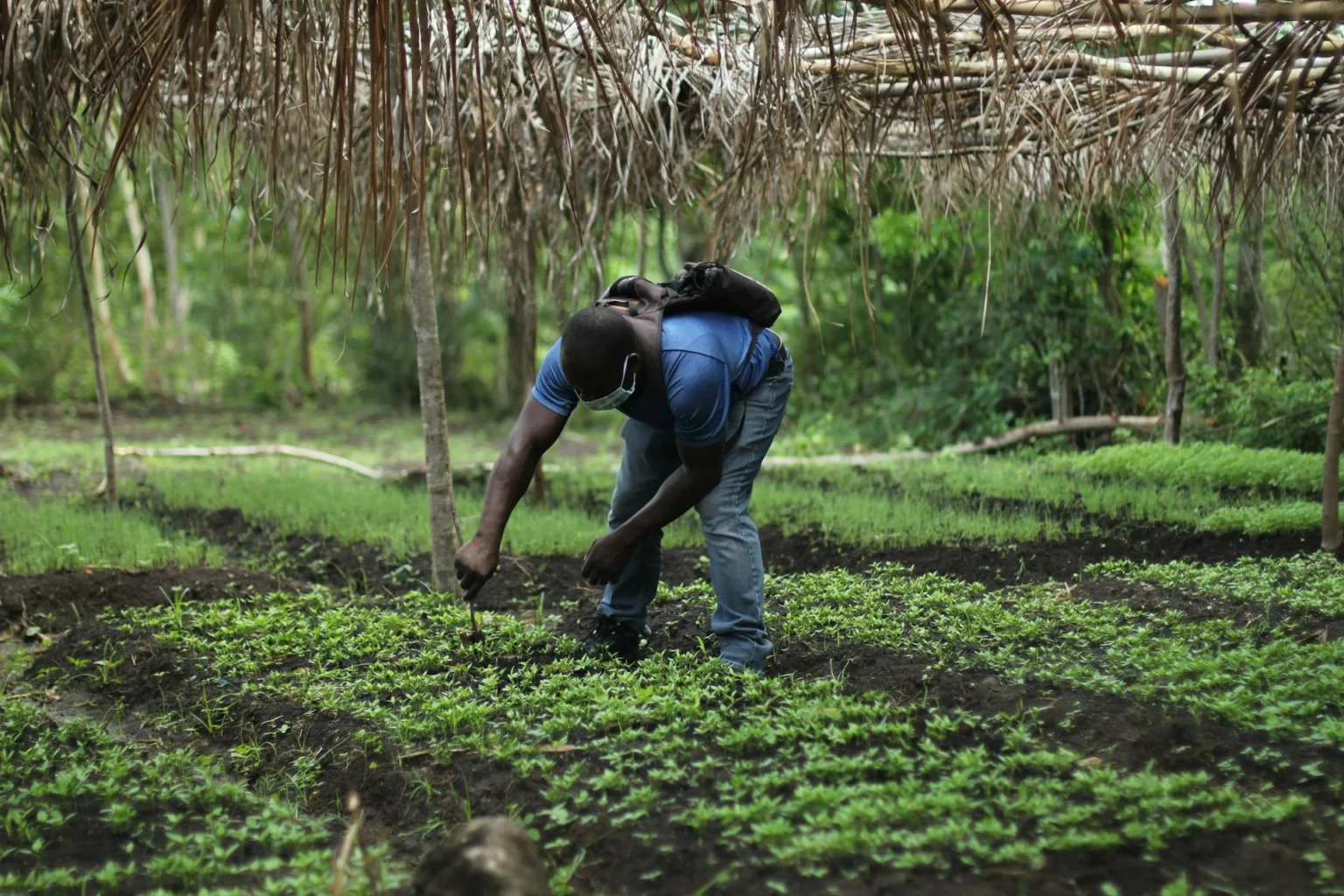Ethiopia- In Ethiopia, soil acidity is a significant agricultural challenge, affecting nearly half of the country’s arable land and severely limiting crop yields. This problem has led to a new collaboration between the United States Government, through USAID’s Feed the Future Ethiopia Transforming Agriculture project, and OCP Ethiopia Fertilizers Manufacturing PLC (OCP-EFMC), a global leader in phosphate fertilizers, to pilot an innovative solution. The project aims to treat acidic soils using advanced, locally blended fertilizers designed to restore soil health, enhance crop productivity, and ultimately increase smallholder farmer incomes.
Ethiopian officials highlighted the significance of this initiative, noting that agricultural productivity is crucial for ensuring food security and increasing incomes.
The impact of soil acidity in Ethiopia extends beyond individual farmers, affecting regional and national food security. Fertilizer access is critical for Ethiopian farmers, as it directly affects their ability to produce food for their communities and generate income from surplus crops. Improved access to fertilizer also relies on stable infrastructure, market accessibility, and peace. This USAID-OCP project is tackling these intertwined issues, enabling farmers to gain better access to crucial agricultural inputs.
Dr. Sofia Kassa, Ethiopia’s State Minister for Agriculture, expressed the government’s long-term commitment to soil health and fertilizer development. “Our goal over the next five years is to expand blended fertilizer production to approximately 200,000 metric tons annually, meeting 20 percent of Ethiopia’s total fertilizer requirements,” she said, highlighting the Ethiopian government’s aim to address soil degradation on a larger scale.
With a budget of $77 million, USAID’s Feed the Future Ethiopia Transforming Agriculture project is working toward improving food security for 7 million Ethiopians by promoting these locally blended fertilizers. The project serves as a model for sustainable agricultural development, showcasing the potential of collaborative efforts to transform food systems and combat agricultural challenges like soil acidity.



